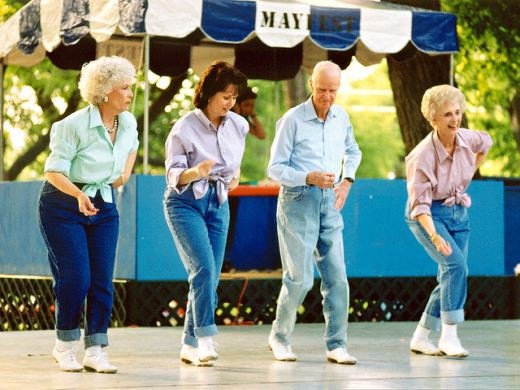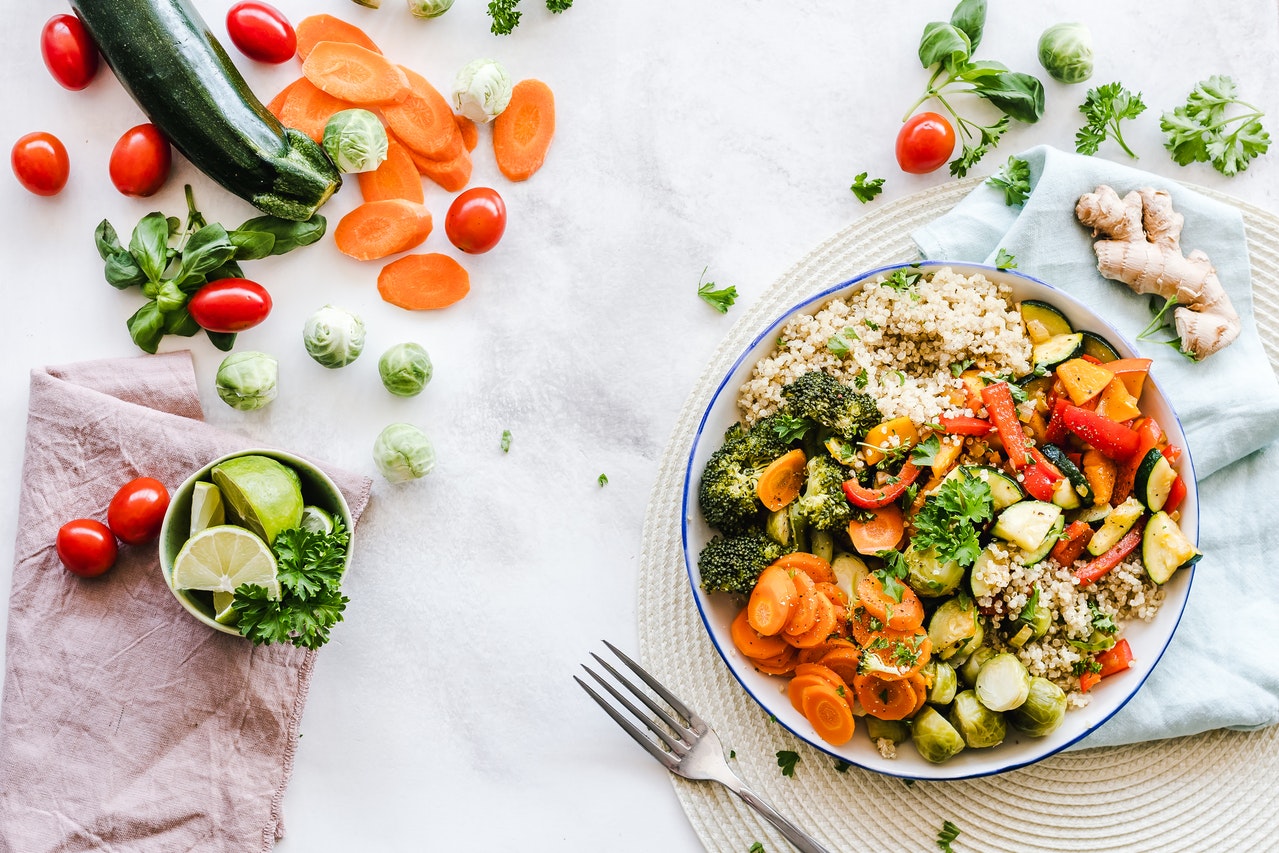There are more than 11 million people aged 65 or over in the UK today. This figure has been estimated to rise to 16 million by 2030. Nutrition is a vital factor in the health of older people but shocking figures from The British Nutrition Foundation reveal that as many as one in seven may be malnourished. As many aged related illnesses will get worse with poor nutrition a national survey found that 14% of those aged 65 and above were probably malnourished. A shocking study for the western world where obesity figures are on the increase.
As we age our habits and lifestyles change, we may not be able to face large meals or eat enough salads, fruit or vegetables, especially if we rarely get out to the shops for fresh produce. Health and mobility issues as well as social, emotional concerns can make older people feel more vulnerable and will impact on the quality of their diet. As losing weight can be seen as a symptom of get older, it’s quite possible that malnutrition can go undetected. People may be seen to be eating but they are eating foods that are nutritionally poor.
Appetite loss can be a factor of the ageing process. As we become less active, we simply don’t need the calorie intake we once had. Medication or illness might affect our sense of smell and taste, sugary and salty foods may become more appealing. If we suffer from loneliness following a bereavement or a move to a care home, we miss sharing a meal with our life partner. Depression can also be a factor that leaves us void of appetite. A visit to the GP is advisable in these circumstances and charities such as The Silver Line have a free 24 hour helpline offering friendship, information and advice can be supportive. In some areas lunch clubs, cooking clubs and shopping clubs have been set up to offer a network of support for people suffering from loneliness.
Volunteer organisations can help individuals and families with the right nutritional advice as encouraging the older person to eat nutrient dense foods is the key to their health and wellbeing. Eating protein with every meal will help maintain muscle mass and strength and offers nutrients such as vitamin D, B12, calcium and folic acid. Maintaining strength and muscle mass will help prevent falls and fractures so calcium, magnesium and vitamin K and D are all important for keeping your bones strong. Eating plenty kale, spinach and oily fish will help maintain levels of vitamin D and K1.
Some older people become conscious of not drinking as much to avoid trips to the loo or if they are worried about incontinence. It’s very easy for older people to become dehydrated, especially if they are not as mobile as they once were. With retirement comes the change of habit and the usual movement towards the water cooler is no longer part of your day, more effort has to be made at home to maintain hydration. Traditional drinks such as tea and coffee should be limited to three or four a day and more water or herbal teas should be consumed to reach the target of one and a half litres a day. Increased intake of fluids as well as fibre will also help sluggish bowels as can introducing more exercise and eating foods such as prunes and figs.
Making the right food choices throughout our lives will stand us in good stead as we approach our older years. By swapping energy dense foods for nutrient packed foods rich in vitamins, minerals and fibre will help us all to live a full life regardless of our age!









